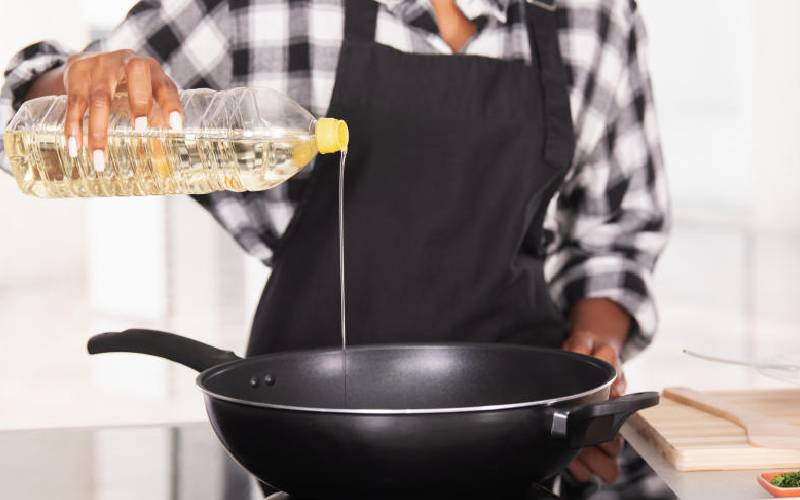×
The Standard e-Paper
Join Thousands Daily

Majority of Kenyans have decried the rising cost of cooking oil due to the vagaries of inflation, which has escalated domestic budgets on the face of stagnant salaries and income sources.
The ongoing Russian-Ukraine crisis disrupted global supply chains, including oil, whose rising cost saw a rise in cost of production. Also affected was cooking oil whose cost was also worsened by global prices of crude palm oil, which is essential in manufacturing cooling oil.